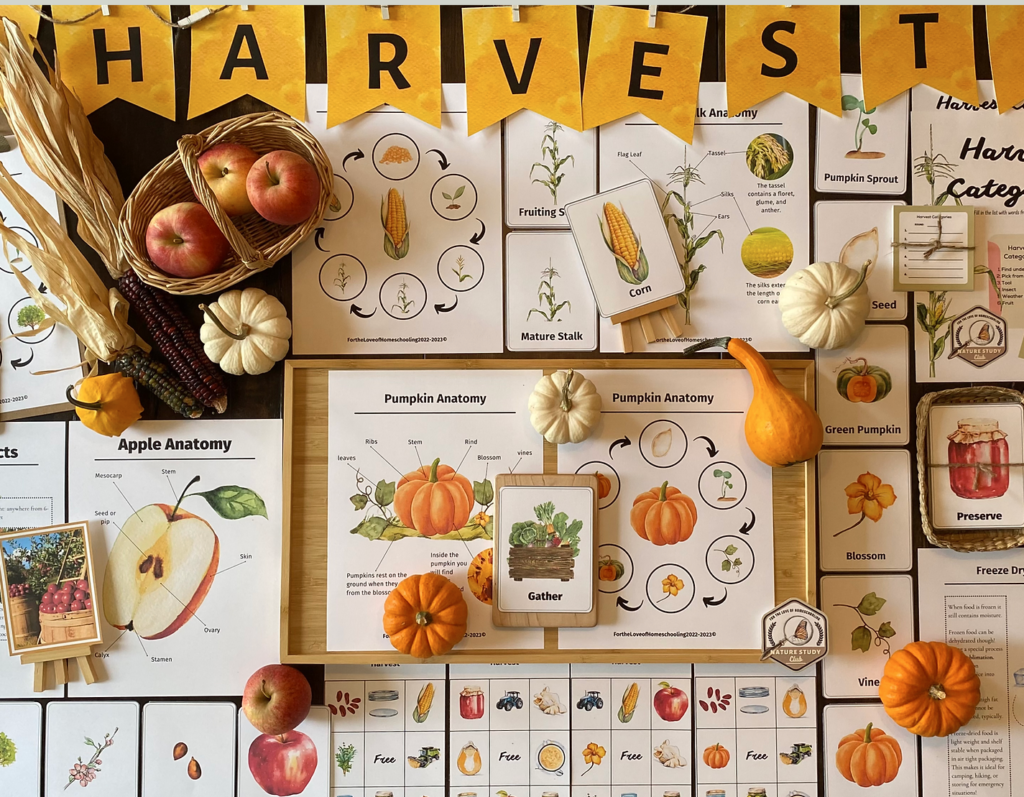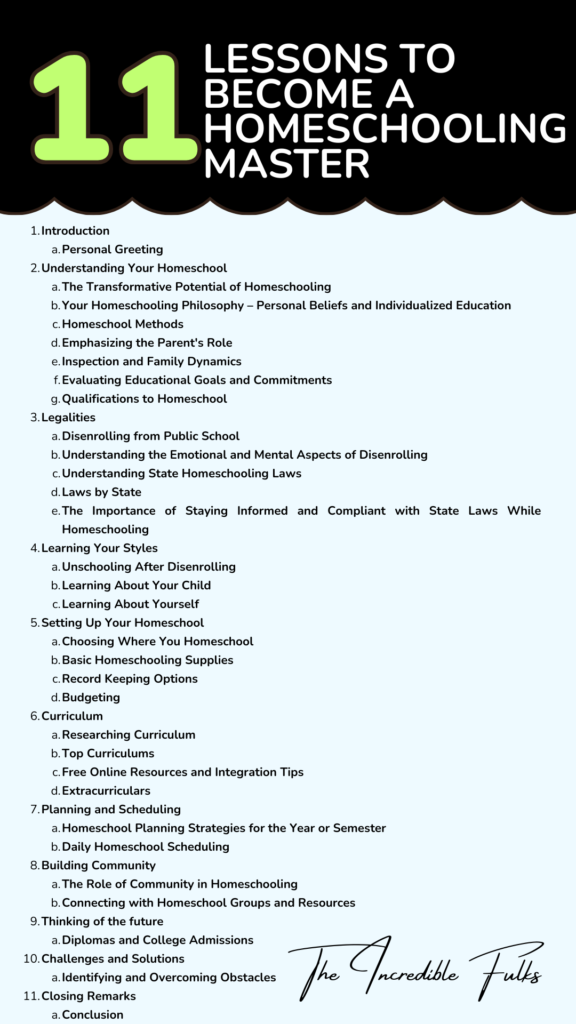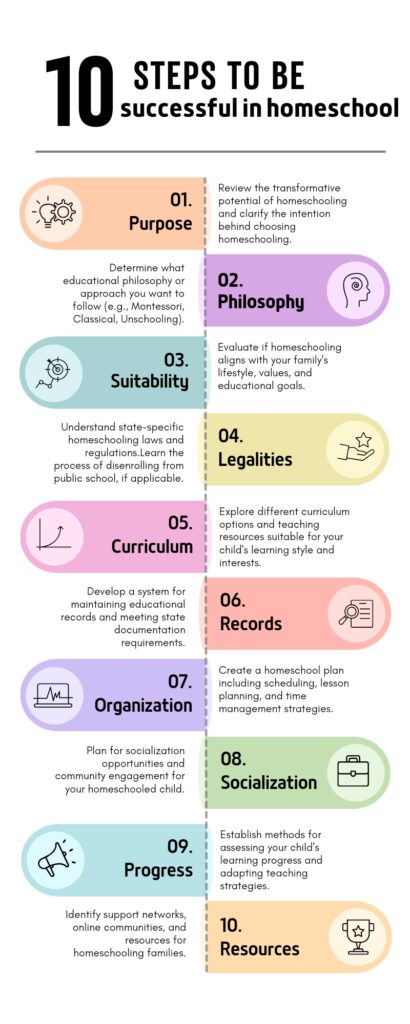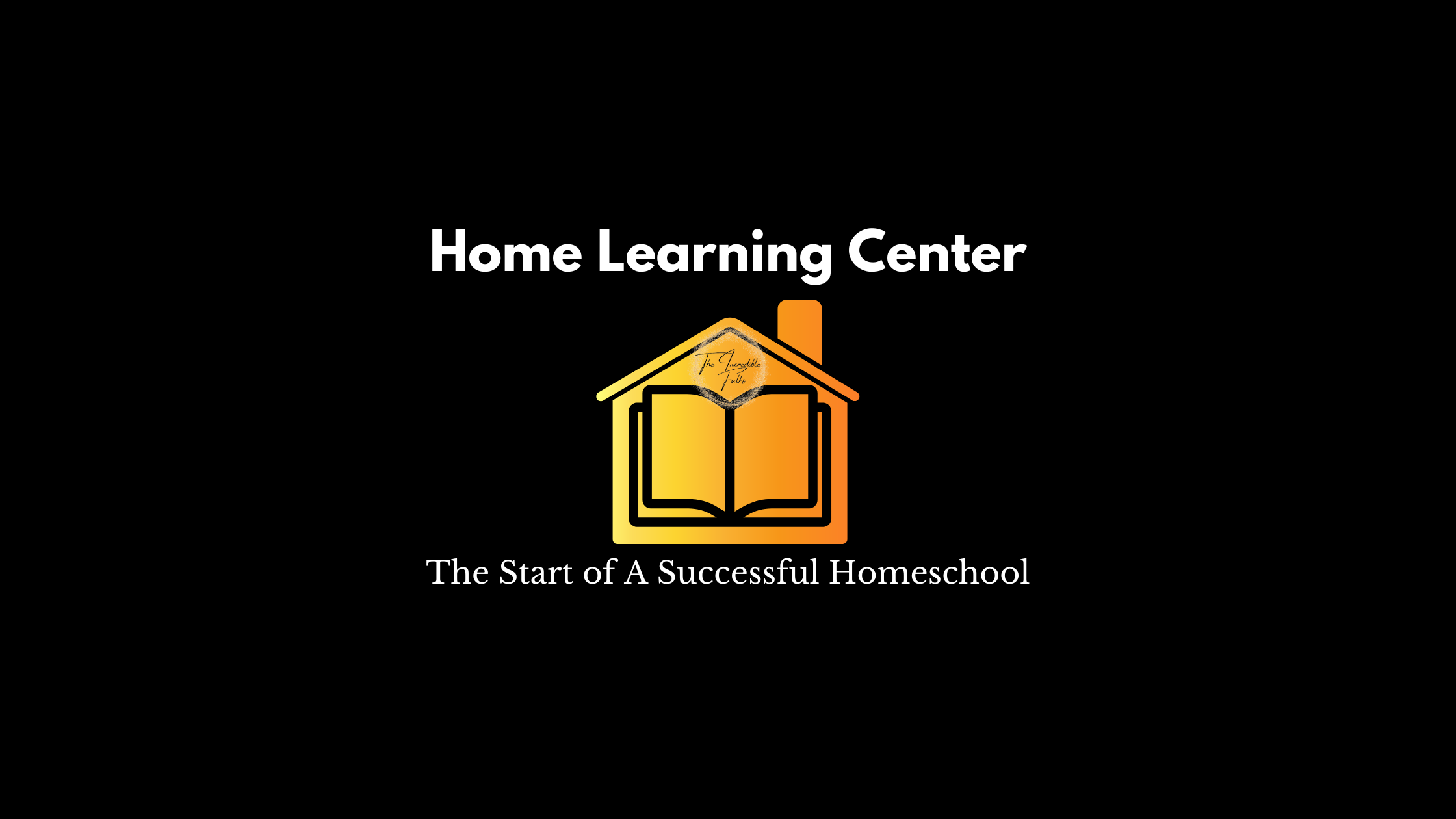Deciding to be a homeschooling family is a significant step, one that can lead to a rewarding journey for both you and your child. But how do you know if it's the right path for your family? In this third article of our series, we explore key factors to consider, offering insights to help you make this crucial decision.
If you are just getting here, be sure to read the first 2 articles in this series! You can view all of them here!
How to Start Homeschooling Series
If you haven't read the beginning of this series, be sure to start at Part 1 of How to Start Homeschooling.
Understanding the Commitment of Homeschooling
Homeschooling is more than an educational choice; it's a lifestyle commitment. It requires time, patience, and resources. Consider your family's daily routine, your ability to commit time to teaching, and the impact on your work and personal life. Remember, homeschooling isn't just about academics; it's about nurturing a child's overall development.
You need to understand now that homeschooling isn't a stroll through the park. There will be days when everything goes smoothly, but we are human and we are relying on kids to learn what they need to learn. Most days there will be some kind of challenge to derail the day. This can be anything as simple as your kid is just extra whiny that day, or it can be something like, your power went out in the middle of winter. Understand that when it comes to homeschooling, you need to commit to it on the easy days and the hard. The hard days are going to happen whether you're with your child or not, what is important is that you get through them as a family and in a way that maintains the educational journey.
Evaluating Your Child’s Needs
Every child is unique, with their own learning style, interests, and pace. Some thrive in a homeschool environment where education can be tailored to their specific needs. Consider your child's social and educational needs: Do they require more individualized attention? Do they have special learning requirements that might be better met at home?
Learning about your child is the drive behind the deschooling method. When removing your child from public school, you are going from only knowing 1/8th of your child to at least quadrupling that. There is a lot you don't know and a lot you need to learn. Spend as much time with your child in different environments doing different things. This will help give you a full idea of what your child enjoys and knows. It will also help you figure out what you need to work on.
One thing you can try is getting a subscription box or two. Ivy Kids has great STEM subscription boxes that provide a lot of activities that aren't obviously learning. It will give you a good idea of what your child's learning style is.
Ivy Kids Kits is an award winning and well-established subscription box company for children ages 3-8. Ivy Kids creates monthly book-inspired, activity packed educational kits. Each Ivy Kids kit includes a carefully selected, highly rated children's book and over 12 fun, creative, and unique hands-on activities that promote the development of math, science, literacy, engineering, and art skills through play and exploration. Inside an Ivy Kids kit there are board games, arts and crafts, science experiments, projects, math manipulatives, story characters and so much more. Everything you need to read, play, create and learn is included in the kit and conveniently delivered monthly!
Assessing Family Dynamics
The dynamics of your family play a crucial role. How will homeschooling affect your family relationships? Consider the roles of each family member in this educational journey. It's also important to think about the support system you have, such as your spouse, extended family, or a homeschooling network.
This can be very complicated for families. There are many times when the husband or parents are against homeschooling. In normal circumstances, I'd recommend making the decision together with your spouse, not against them. Normal circumstances mean if your child is doing okay in public school and is not in immediate danger or bullying. If you go against your spouse, it will cause more damage to your marriage and family life than leaving your child in school would.
If you feel like it is a matter of immediate concern to remove your child and homeschool, perhaps you can find a compromise by using an online public school or changing schools. You can also consider talking with a counselor or any third party to help mediate and address any concerns your spouse might have. Doing your research and looking over your financials and practical considerations before bringing it up with your spouse could help prevent some conflict.
Financial and Logistical Considerations
Evaluate the financial implications of homeschooling. This might include the cost of materials, potential loss of income if one parent teaches full-time, and any additional expenses like extracurricular activities. Also, consider the logistics: Do you have the space for a conducive learning environment? Are there resources and support available in your community?
Preparing an excel sheet with how things are now vs how things would look if you homeschooled can help get a bigger view of things. Take in to consideration not just the cost of materials, but the cost of being home all day (ie gas, water, electric), gas for any field trips, cost for more food (believe me, you'll eat more food), and any extra-curriculars that you're considering like a co-op. When looking for a co-op check out my 4 part series on Choosing the Right Co-op.
If you're looking for a great science and social media curriculum, check out For The Love of Homeschooling! They have AMAZING monthly science and social studies clubs for cheap, plus they have many freebies and they provide many bundles where you can get an entire years curriculum for just $30. Keep an eye on them by subscribing!

The Homeschooling Advantage
Despite these considerations, homeschooling offers unparalleled flexibility and personalization in education. It allows for a deeper, more meaningful learning experience tailored to your child's pace and interests. It can foster a lifelong love for learning and provide opportunities for family bonding.
You can find the research on homeschooling and its benefits at the NHERI.
Is Homeschooling Right for You? A Quick Checklist
- Do you have the time and patience to commit to homeschooling?
- Can you provide a stable and conducive learning environment?
- Are you prepared to tailor learning to fit your child’s unique needs?
- Can your family adapt to the changes in routine and dynamics?
- Are you willing to take on the responsibility of your child's education?
Conclusion
If you're still unsure, our comprehensive course offers a more in-depth self-assessment guide. It helps you delve deeper into these factors, providing you with a clearer picture and the confidence to make the best decision for your family. Take a look at the course Table of Contents to see all that the course covers.

Remember, homeschooling is a journey, one that can be immensely fulfilling if it aligns with your family’s needs and values. Stay tuned for the next article in our series, where we'll discuss the legalities and procedures of starting your homeschooling adventure.
Click here to read Part 4 in this series!







